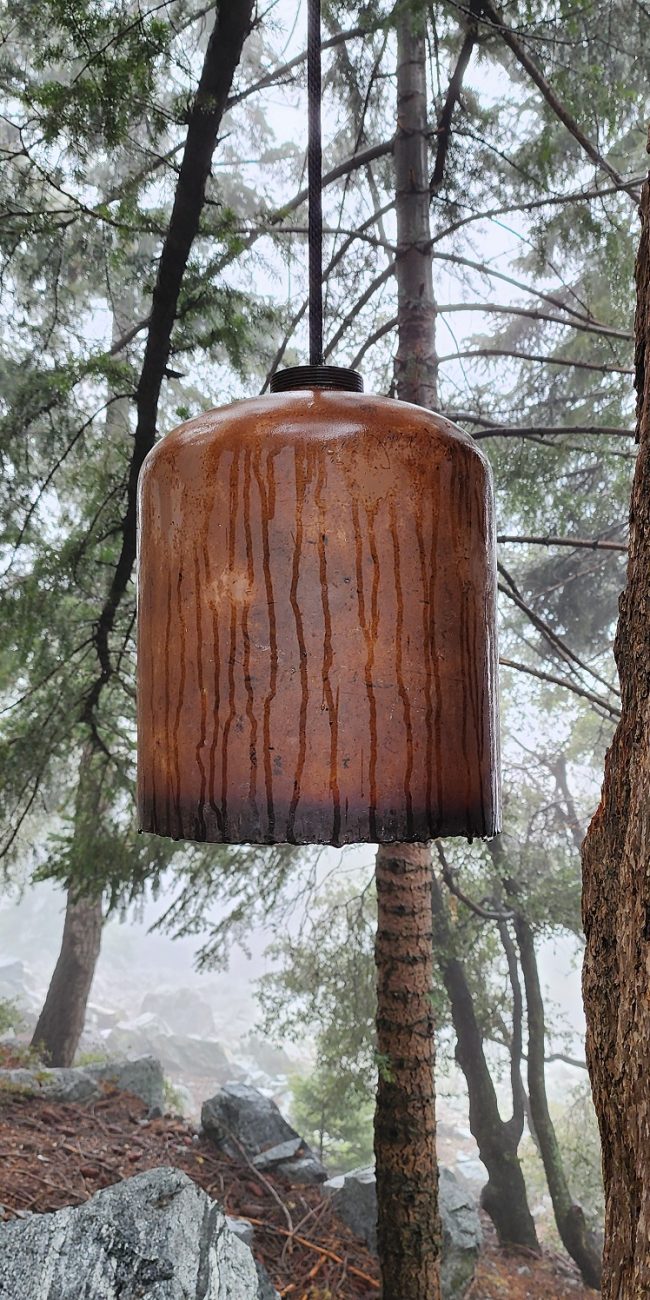Last week’s challenge was to forgive someone. We got a lot of great responses from it,  so I’d like to talk a bit about forgiveness in general and how it relates to our martial arts and meditation practice.
so I’d like to talk a bit about forgiveness in general and how it relates to our martial arts and meditation practice.
First, who is forgiveness for? When I asked the kids, they answered, “For the other person, sir!” But really, forgiveness is for us. If we are upset by someone, we are upset. It’s all about our response to whatever happened. If we keep being upset, we’re the one who’s the most affected.
Non-attachment
Being able to forgive is all about non-attachment. When we can let something go, we are no longer bothered by it. We practice this ability during meditation; we have a thought, we let it go. Immediately if possible. In class, when somebody throws us a bit harder than we’d like or even looks at us funny, we can choose to hold onto this feeling of being wronged, or we can let it go. Holding on keeps us stuck in the past. Letting it go is what allows us to be better prepared for whatever happens next.
One of the kids told me after class that he saw a crow eating the eggs of a dove that lived in a tree by his house. This student told me he had hated that crow for a while, but he decided to forgive it. It might seem funny to think of forgiving an animal, but there are all types of non-human things we may need to forgive. Just last week I got into a serious altercation with a stone staircase. My sandal got stuck on the way up and my toe slid back down the edge, bending the nail backwards in half. Nobody should see what’s under a toenail. It was disgusting and quite painful. For days, every time I took a step, the pain reminded me of that staircase and my sandal. Finally, I forgave both of them. (It helped that my toe healed.)
Healing through Forgiveness
Sometimes when we are sparring or rolling in Brazilian Jiu Jitsu, we may get bruised or tweaked. My teacher always told us that physical injuries heal quickly, but emotional scars last a long time. Like physical pain, emotional pain serves a purpose. It is to teach us to not do whatever we did that caused the pain in the first place Once our body heals, the pain goes away. We must allow the same thing to happen with our emotions. We learn the lesson, then forgive. This doesn’t mean that we have to completely forget the cause of the pain, but we don’t need to think about it countless times a day like a busted toe.
A few people asked me the following question: What if I want to forgive someone, but I’m worried they’ll keep doing the thing that upset me? If we want to stop someone from hurting us again, we need to communicate with them. Any time we communicate with someone from a place of self-centeredness or judgement, nobody is interested in what we have to say. Thus, it is important to fully forgive someone before trying to change their behavior. If we enter into a conversation with someone when we really are only interested in how we can help them, when we have no agenda of our own, that person will be completely willing to listen. When we communicate selflessly, without judgement, whatever we have to say is perfect.
In The Way of Chuang Tzu, the ancient sage tells us the following:
If a man is crossing a river
And an empty boat collides with his own skiff
…He will not become very angry
But if he sees a man in the boat,
He will shout at him to steer clear.
…he will shout again…and begin cursing.
And all because there is somebody in the boat.
Yet if the boat were empty,
He would not be shouting, and not angry.
If you can empty your own boat
Crossing the river of the world,
No one will oppose you
Later in the same passage, regarding the perfect man:
Since he judges no one
No one judges him.
Such is the perfect man:
His boat is empty




Monica
This is beautiful. A challenge that requires daily practice. We can get mad everyday at something or someone . We can hold on to resentment but the resentment only hurts ourselves.